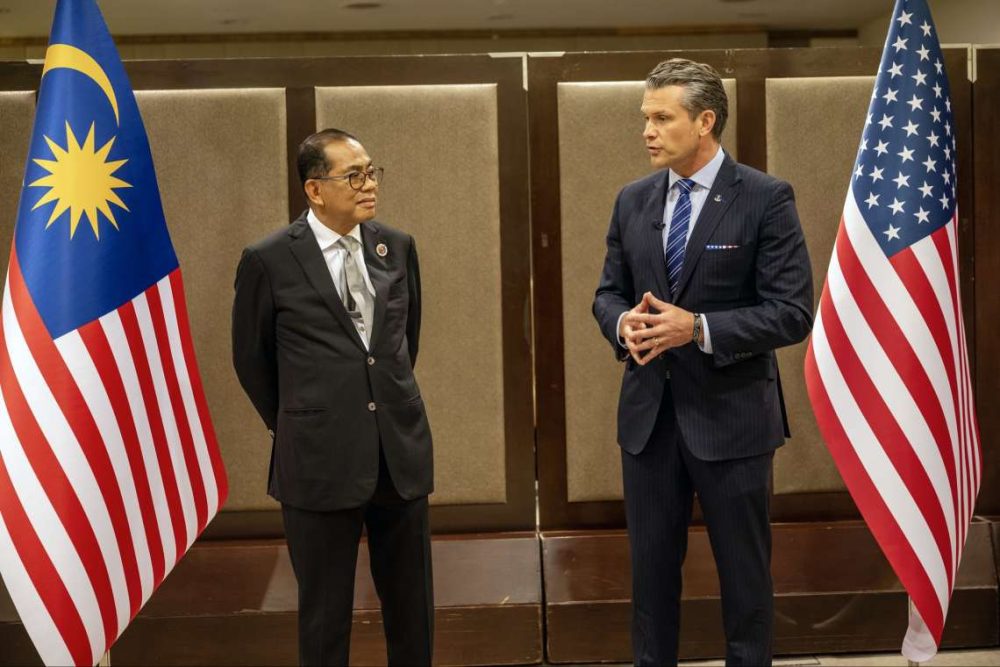The report stated that the region was already facing a “quite discouraging” food security and nutrition situation in 2019…reports Asian Lite News.
With the emergence of Covid an estimated 375.8 million people in the Asia and the Pacific region faced hunger in 2020, which is nearly 54 million more people than in 2019, according to a joint report just published by the Food and Agriculture Organisation (FAO), and the UN Children’s Fund (UNICEF).
According to the 2021 Asia and the Pacific Regional Overview of Food Security and Nutrition, in this region alone, more than 1.1 billion people did not have access to adequate food in 2020 — an increase of almost 150 million people in just one year.
“This most recent report on the state of food security and nutrition in Asia and the Pacific tells a grim story. The high cost of a healthy diet and persistently high levels of poverty and income inequality continue to hold healthy diets out of reach for 1.8 billion people in this region,” wrote Jong-Jin Kim, Assistant Director-General and Regional Representative for Asia-Pacific at FAO, in the report.
The report stated that the region was already facing a “quite discouraging” food security and nutrition situation in 2019. Progress had stalled in reducing the number of undernourished, and the prevalence of certain nutritional indicators, such as stunting in children under five years of age, was much too high.
But Covid worsened the situation. Besides increasing infections, the containment measures led to a major contraction of economic activity around the globe. Disruption in food supply chains added to the problems.
The report also lauded the response of governments on the social protection measures they put in place during the crisis.
However, they noted that in building back better food environments, future agri-food systems will have to provide better production, better nutrition, a better environment and better lives.
“Our focus must revolve around the needs of small-scale family farmers in the region, as well as the needs of other vulnerable groups such as indigenous people, women and youth. These are the people that produce the nutritious food that everyone needs to eliminate malnutrition,” wrote Marcoluigi Corsi, Regional Director of East Asia and the Pacific region, UNICEF.
While commitments have been made to ensure recovery, and there are opportunities to begin the hard work of advancing food security and nutrition through transforming agri-food systems, implementing these will be key to meet the second Sustainable Development Goal, SDG2, to eradicate food insecurity and malnutrition, the report said.














